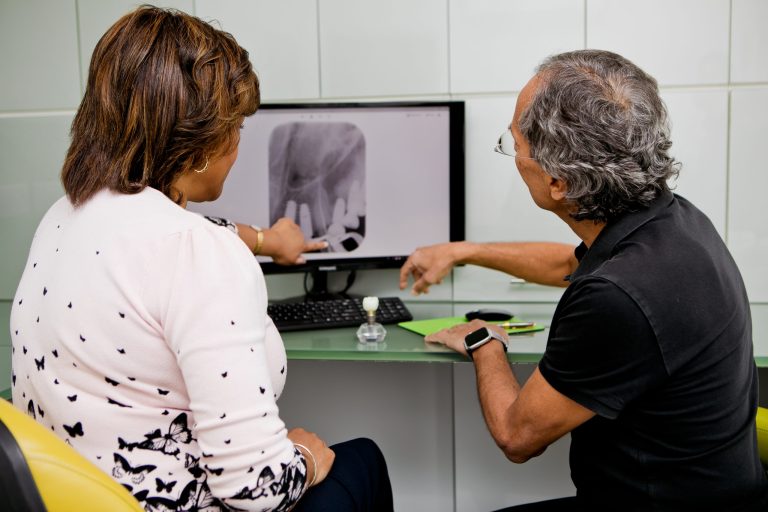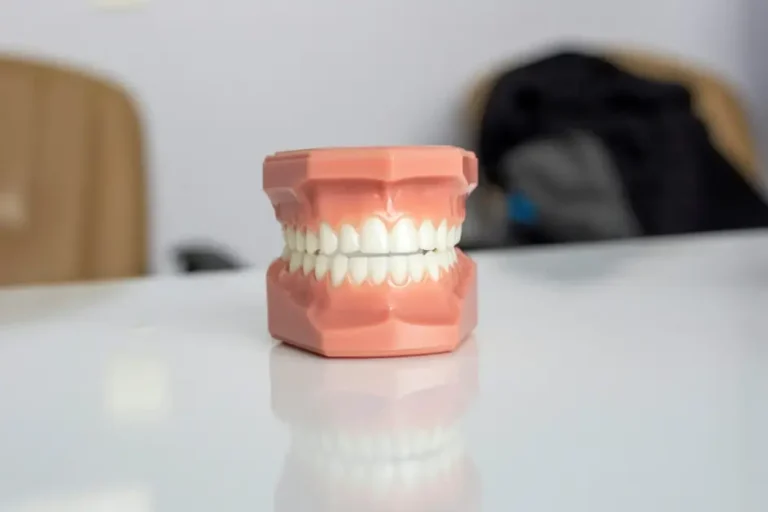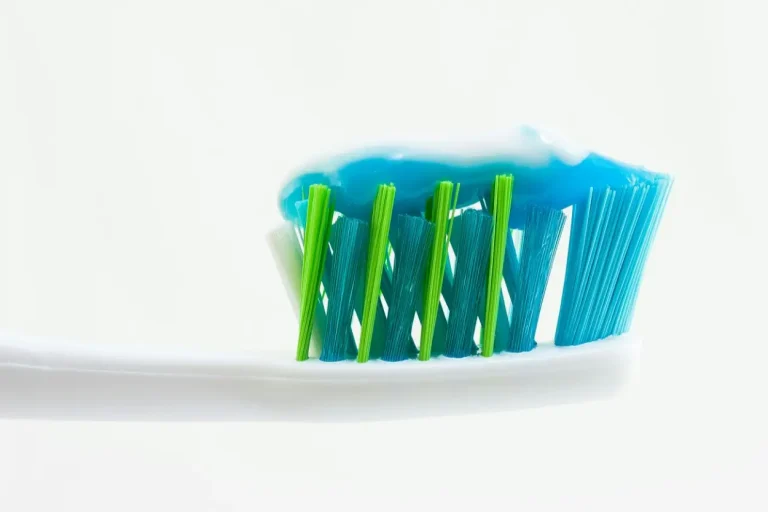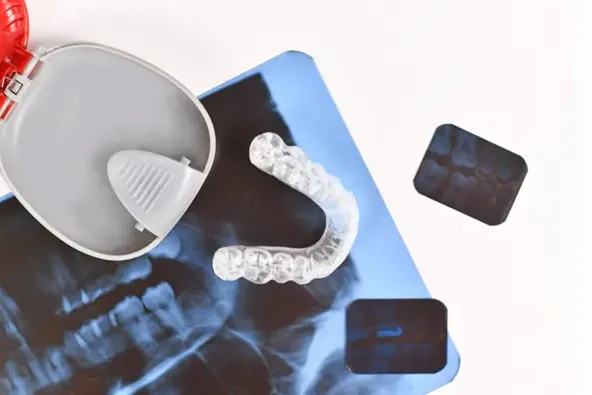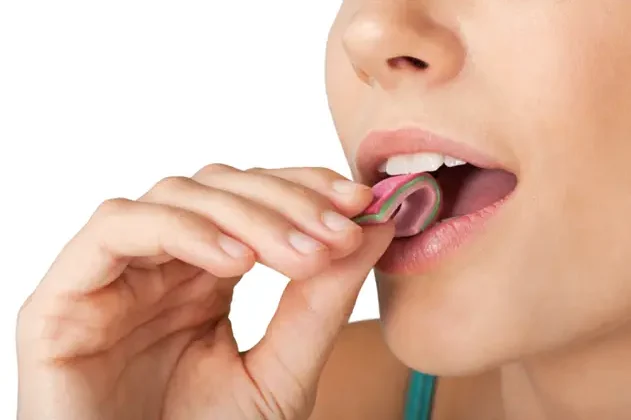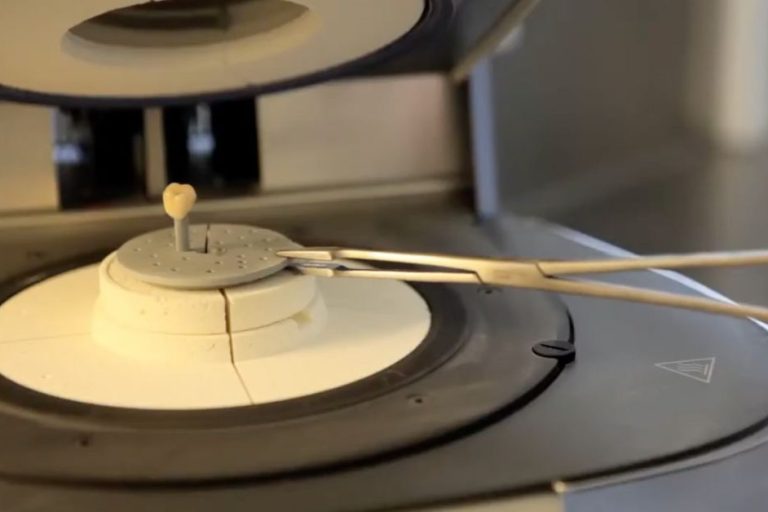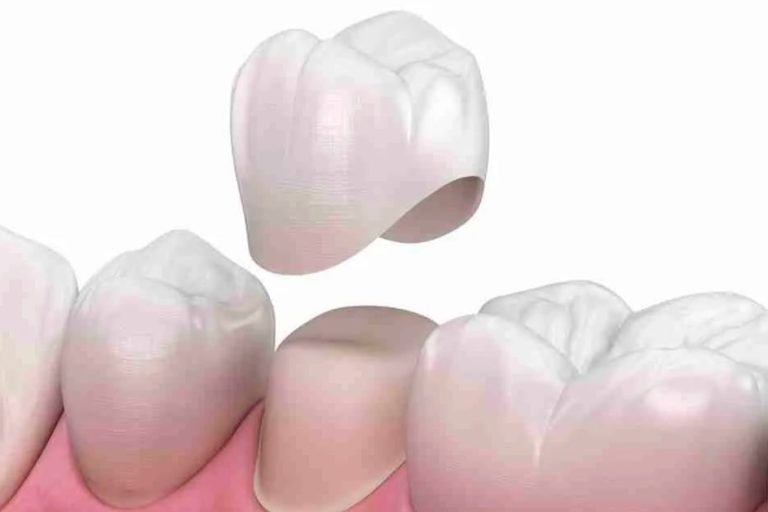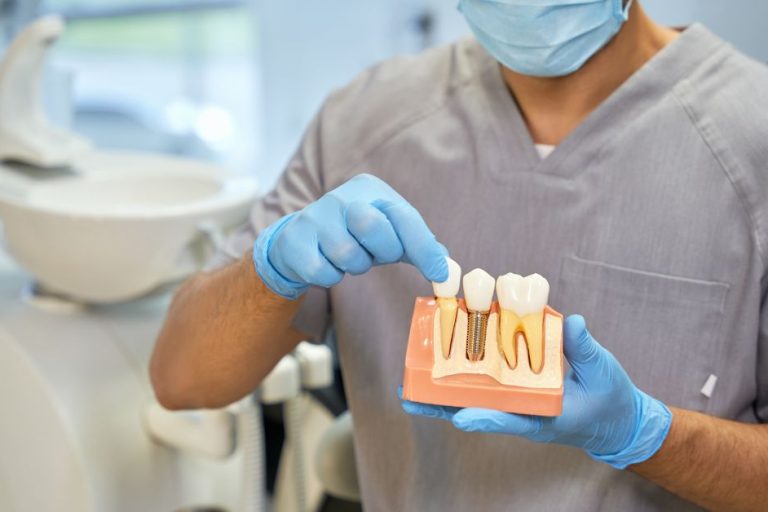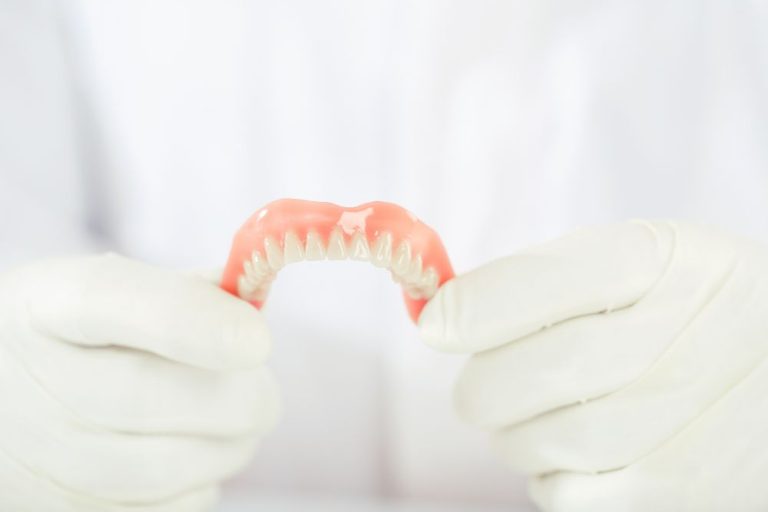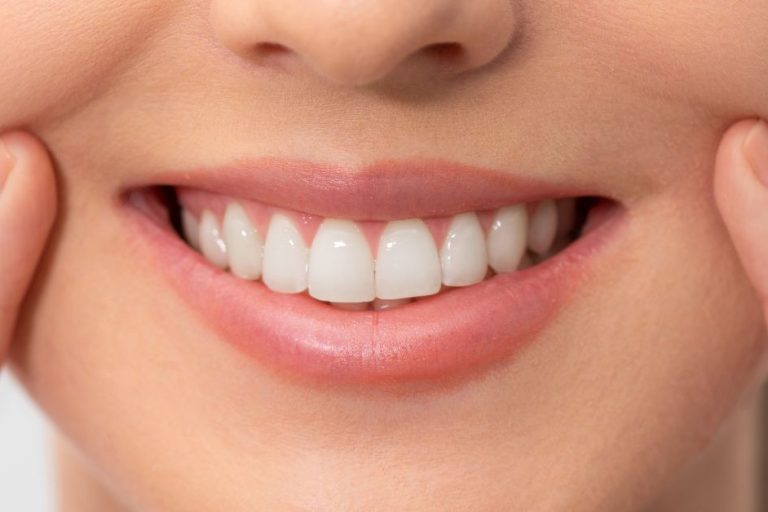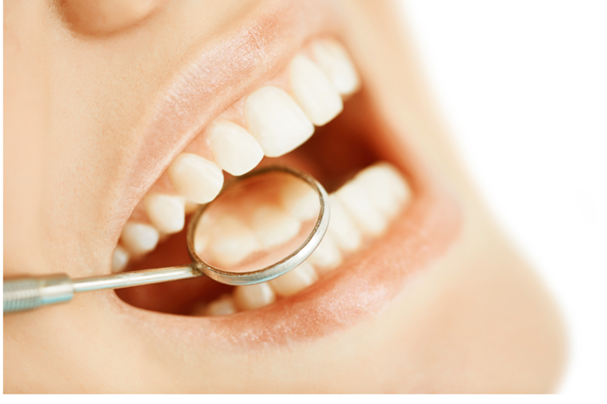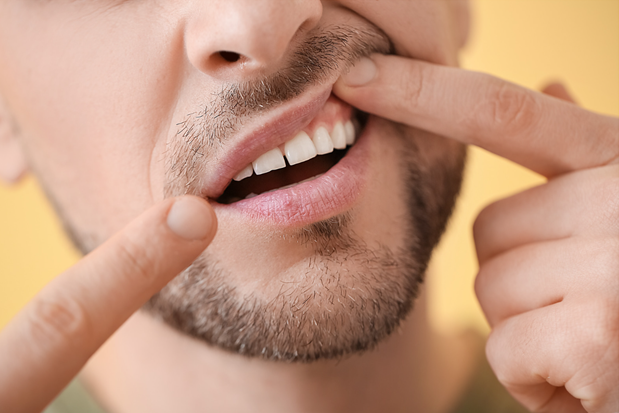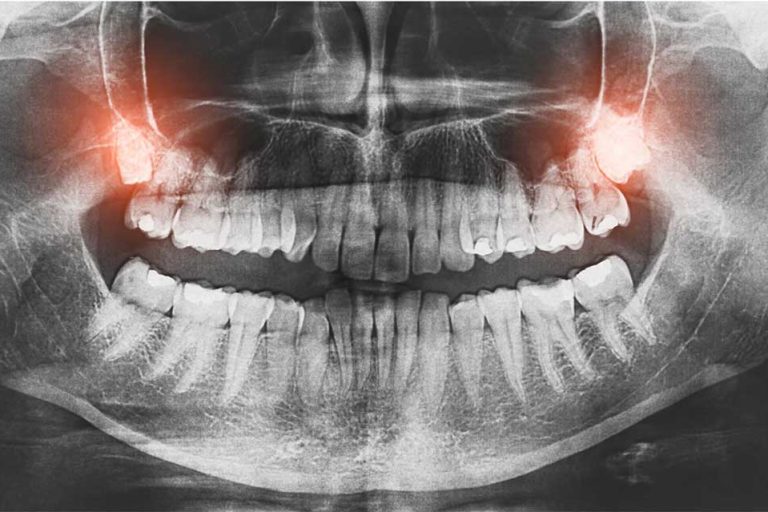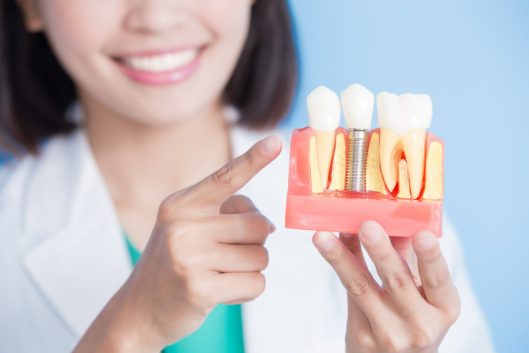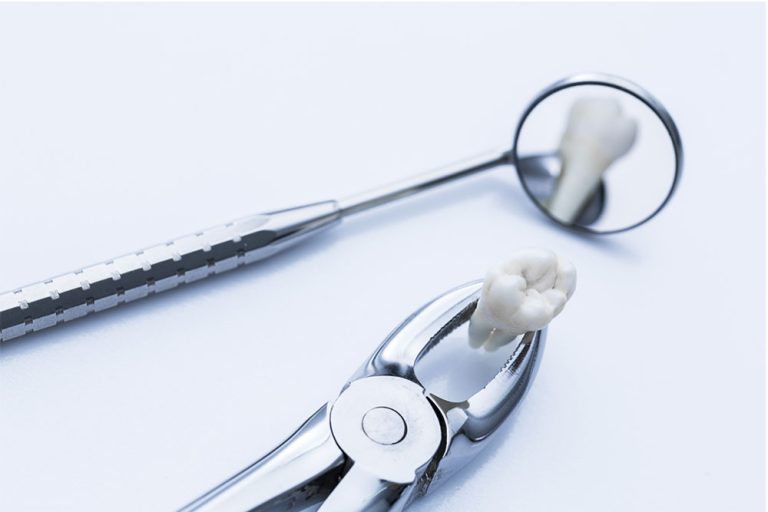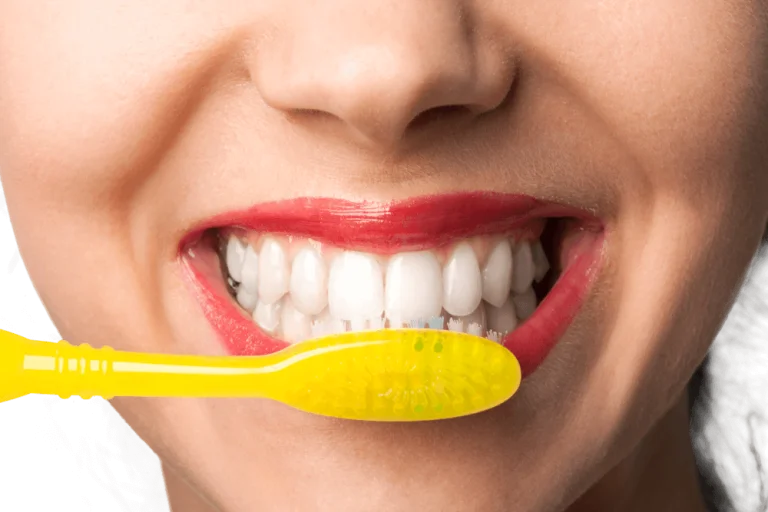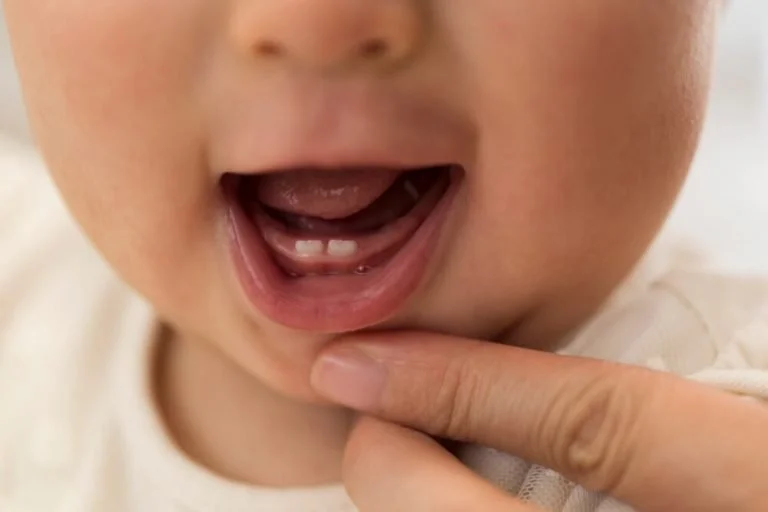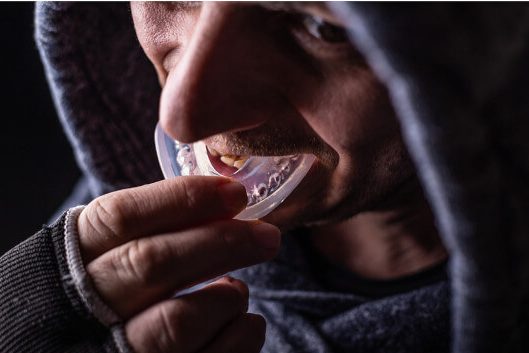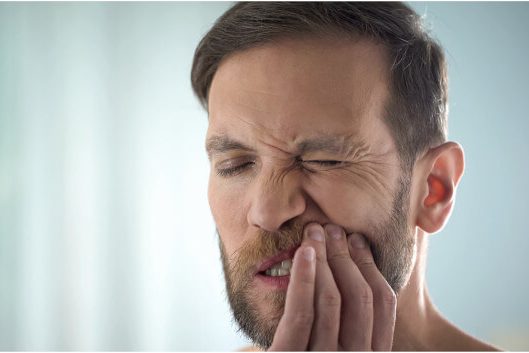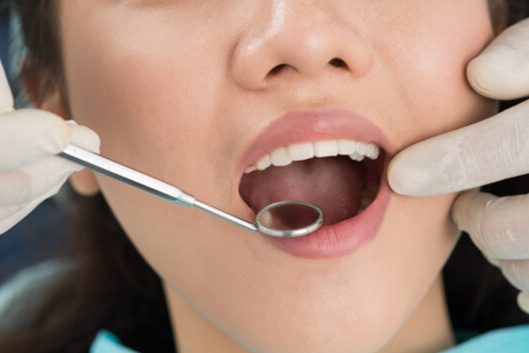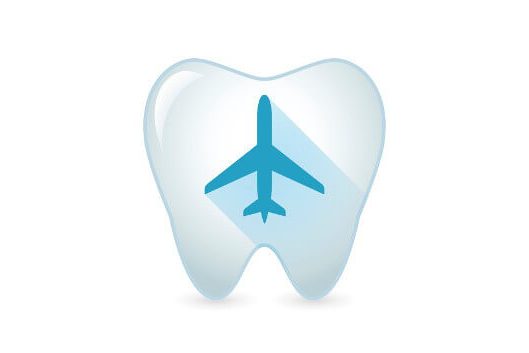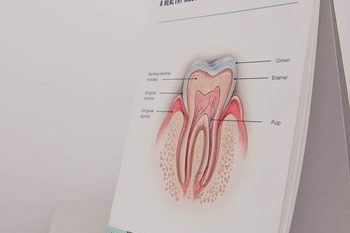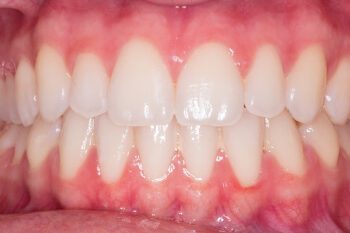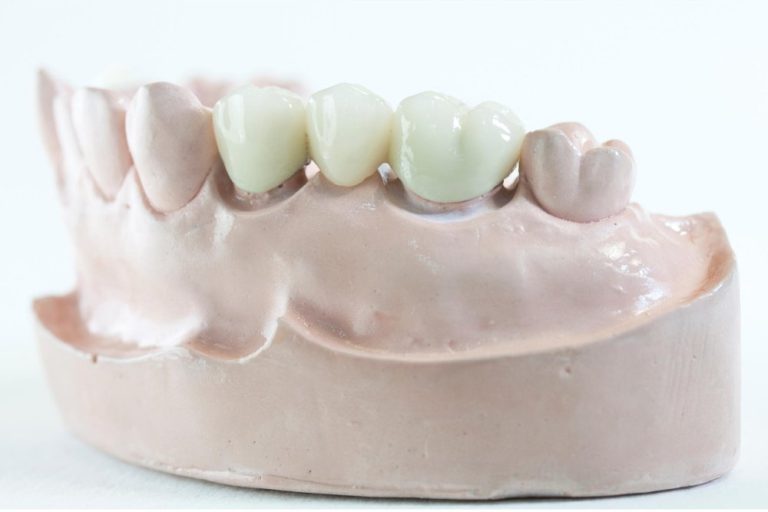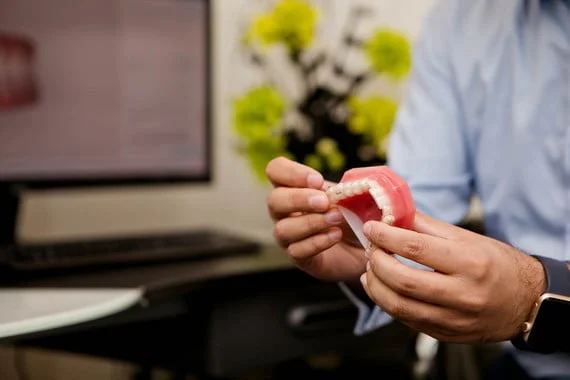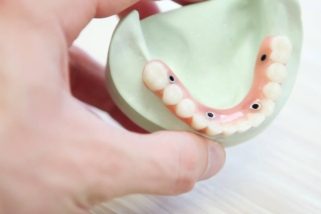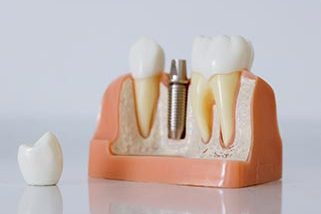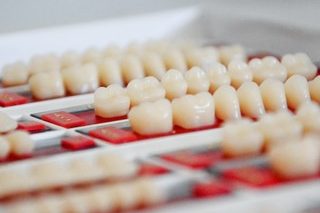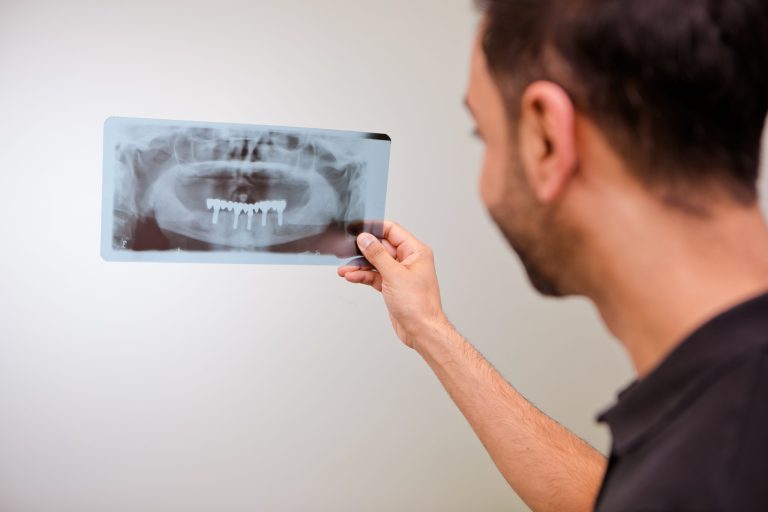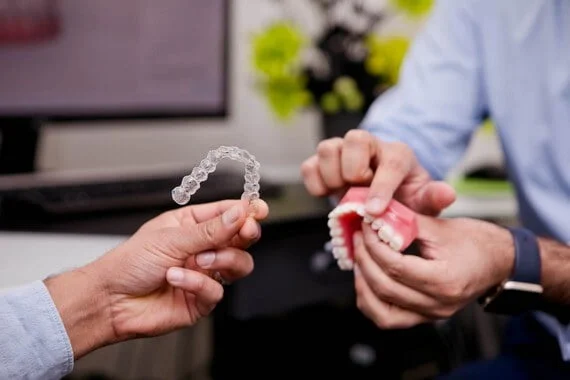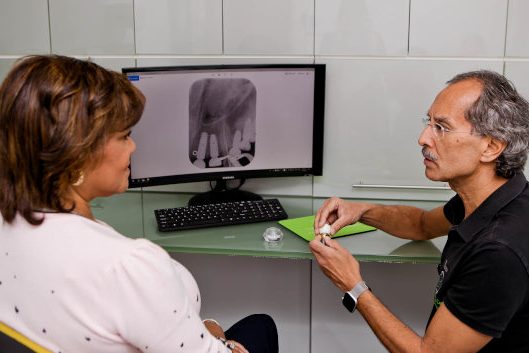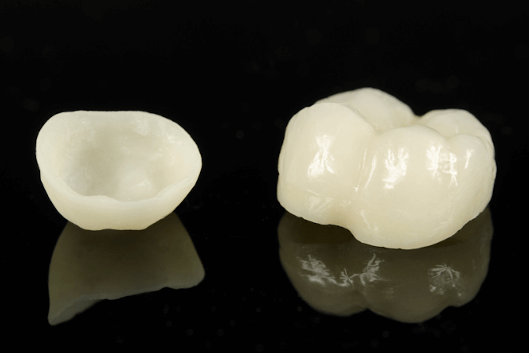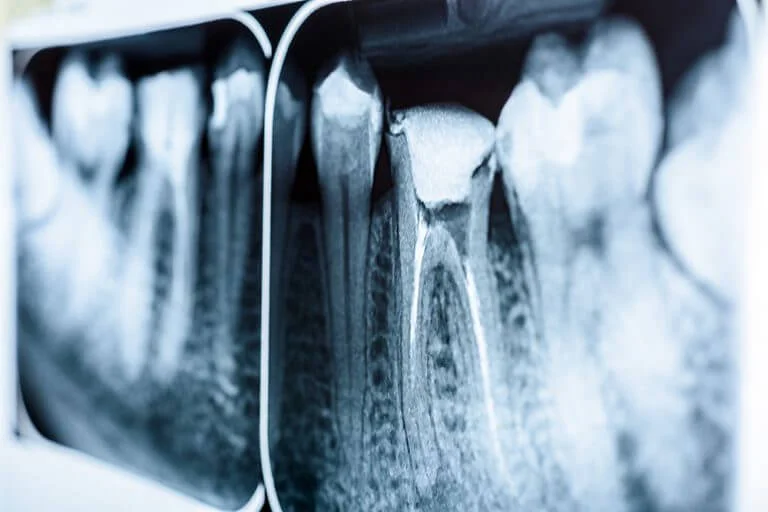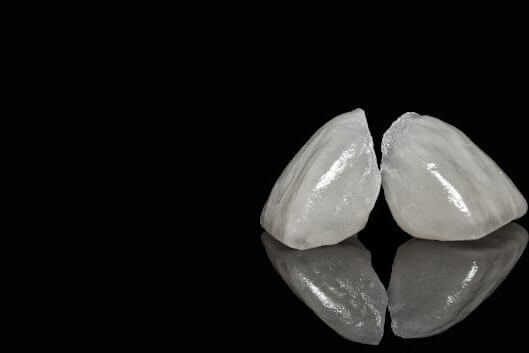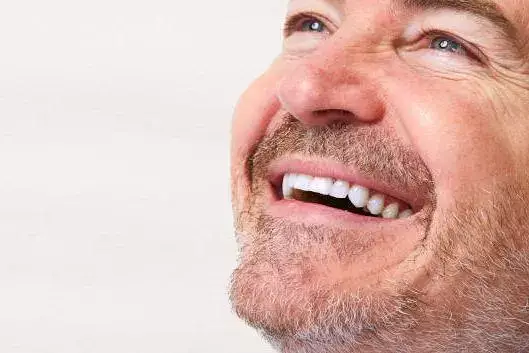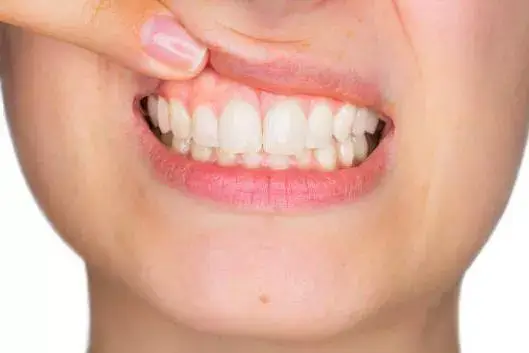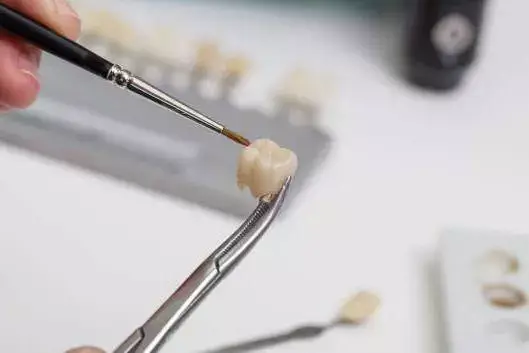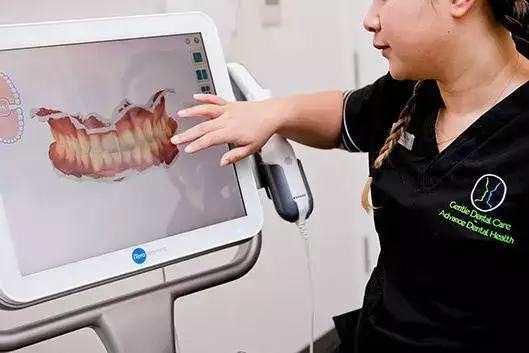Why Is My Mouth Suddenly Producing So Much Saliva?
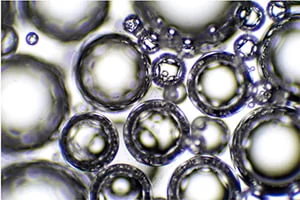
Within this blog, we will be covering all the key points to know about why your mouth is suddenly producing so much saliva and the condition which causes this (ptyalism). This includes what ptyalism is, what causes ptyalism and how to treat ptyalism.
What is ptyalism?
If your mouth is producing excessive saliva then it is likely that you suffer from the condition known as Ptyalism, in which the salivary glands in the mouth produce extreme amounts of saliva. While a normal amount of saliva is essential for swallowing and digesting food as well as protecting the mouth from infections, excess saliva can lead to issues such as unpleasant breath, chapping of lips, and taste loss. A significant amount of swallowing, spitting, or drooling are common signs of ptyalism. The condition can often lead to other issues such as anxiety, reduced self-esteem, and reduced speech capacity. It can make you develop social anxiety, low self-esteem, and speech problems. Ptyalism itself is typically a sign of another underlying condition and not a disease itself, thus it is best to identify the core issue itself to deal with the condition.
What causes ptyalism?
Perhaps the most common cause of ptyalism is pregnancy, with the first semester of pregnancy and subsequent morning sickness often instigating hypersalivation within pregnant women. Additionally, the condition is quite common as a side effect of medications and a symptom of several diseases.
Often, diseases which are associated with recurrent vomiting may lead to ptyalism. This is due to frequent vomiting leading to throat irritation, and the salivary glands thus responding to this by coating the throat in saliva to minimize irritation. Recurrent vomiting is a major symptom of several conditions such as food poisoning, malaria, and gastroenteritis, thus sufferers of these will often have ptyalism. It also possible that acid reflux may cause ptyalism due to the stomach acid irritating the throat in this scenario.
Conditions which influence neuronal muscle control can also lead to ptyalism, this includes cerebral palsy or Parkinson’s disease. Studies in fact show that almost 75% of all Parkinson’s disease sufferers suffer from ptyalism, while almost 37% of cerebral palsy patients, also suffer from ptyalism. Additionally, conditions such as Down’s syndrome, mumps and strokes can cause ptyalism. Furthermore, mumps can also lead to the salivary glands swelling and making swallowing problematic.
It is also possible for cholinergic drugs to also lead to ptyalism, either directly through causing an overproduction of saliva or indirectly by increasing gastric acids and subsequently acid reflux. There are also seizure medications, which may cause ptyalism. This is shown with studies of clozapine-induced ptyalism which occurs in 30-80% of patients on clozapine. Some other causes of ptyalism also include throat infections, use of dentures by older individuals, poor oral hygiene, and jaw injuries.
Treating ptyalism
Treatment for ptyalism is usually a combination of pharmacological and non-pharmacological measures, to ensure sufficient management of the underlying condition. The most common drug used to deal with ptyalism are anticholinergics, with glycopyrrolate being the most common option used. Other drugs such as beta-blockers can also be used as well, while Botox acts as an alternative to the other drugs.
A key nonpharmacological measure is drinking a high amount of water throughout the day, as this helps reduce excessive saliva production, while also reduce lip chapping. Adequate oral hygiene is also key, especially if you ptyalism is caused by vomiting or acid reflux. This involves brushing, flossing and regular dental visits. A healthy diet is also key, this will involve a reduced amount of starch as this requires a high amount of saliva to break down. Reduction in sugary foods is also key, while chewing sugarless gum can make swallowing the saliva easier.
If you are in need of dental treatment, our team are here for you.
Call 020 3925 3846 or fill in our form to enquire about your consultation.
